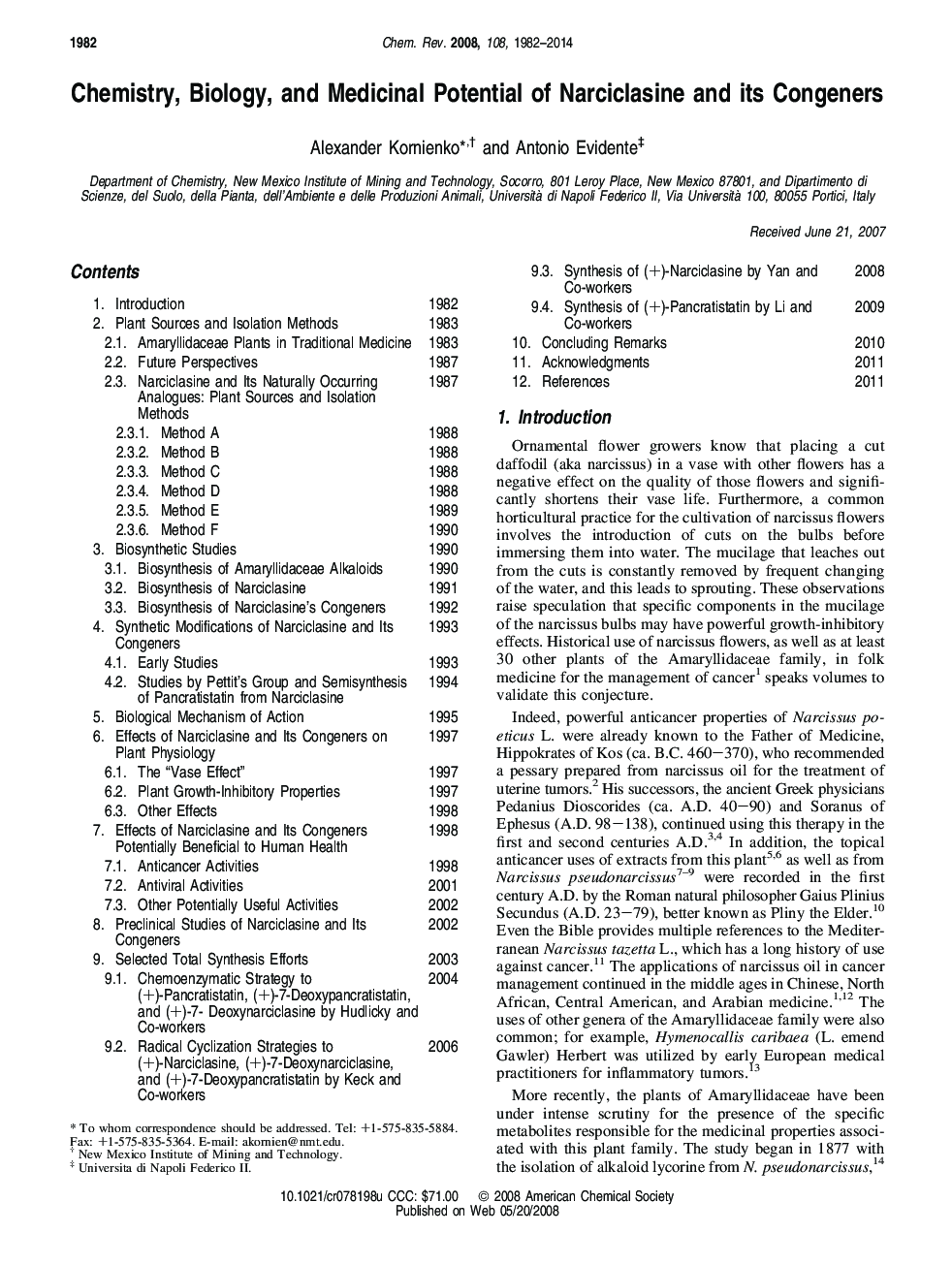| Article ID | Journal | Published Year | Pages | File Type |
|---|---|---|---|---|
| 6351063 | Environmental Research | 2016 | 33 Pages |
Abstract
Dengue transmission in urban areas is strongly influenced by a range of biological and environmental factors, yet the key drivers still need further exploration. To better understand mechanisms of environment-mosquito-urban dengue transmission, we propose an empirical model parameterized and cross-validated from a unique dataset including viral gene sequences, vector dynamics and human dengue cases in Guangzhou, China, together with a 36-year urban environmental change maps investigated by spatiotemporal satellite image fusion. The dengue epidemics in Guangzhou are highly episodic and were not associated with annual rainfall over time. Our results indicate that urban environmental changes, especially variations in surface area covered by water in urban areas, can substantially alter the virus population and dengue transmission. The recent severe dengue outbreaks in Guangzhou may be due to the surge in an artificial lake construction, which could increase infection force between vector (mainly Aedes albopictus) and host when urban water area significantly increased. Impacts of urban environmental change on dengue dynamics may not have been thoroughly investigated in the past studies and more work needs to be done to better understand the consequences of urbanization processes in our changing world.
Keywords
Related Topics
Life Sciences
Environmental Science
Health, Toxicology and Mutagenesis
Authors
Huaiyu Tian, Shanqian Huang, Sen Zhou, Peng Bi, Zhicong Yang, Xiujun Li, Lifan Chen, Bernard Cazelles, Jing Yang, Lei Luo, Qinlong Jing, Wenping Yuan, Yao Pei, Zhe Sun, Tianxiang Yue, Mei-Po Kwan, Qiyong Liu, Ming Wang, Bing Xu,
